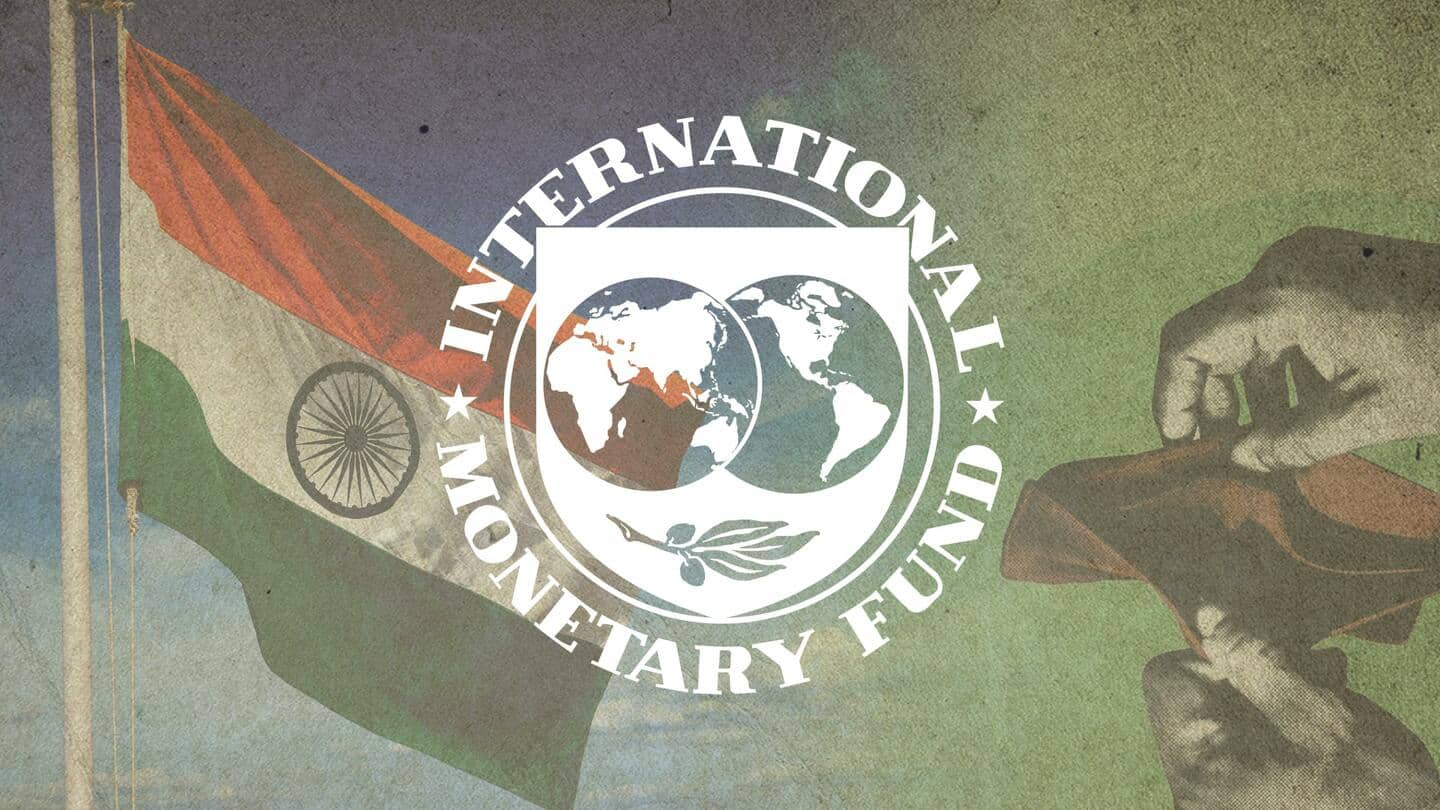
Amid global slowdown predictions, IMF calls India 'bright spot'
What's the story
India is likely to see some economic slowdown in the fiscal year 2023, the International Monetary Fund (IMF) said in its January update of the World Economic Outlook released on Tuesday.
It projected India's growth at 6.1% from March onward compared to the current rate of 6.8%.
However, it forecasted the Indian economy to be the world's fastest-growing as the situation looked less gloomy.
Context
Why does this story matter?
The IMF called India a relatively "bright spot" in its October update, too. This is a positive sign for India amid the global impact of the slowdown.
After the COVID-19 pandemic, the global economic crisis was precipitated by the Russia-Ukraine war, which escalated fuel rates and other import prices.
Countries with significant debt obligations, like Sri Lanka and Pakistan, are inevitably the worst hit.
Global
Global growth to fall in 2023, rise again in 2024
Global economic growth is forecasted to fall to 2.9% in 2023 from 3.4% in 2022 and rise up to 3.1% in 2024, as per the IMF.
It increased its global projection for 2023 by 20 basis points—one basis point being one-hundredth of a percentage point.
The IMF report also predicted growth in emerging and developing countries of Asia to climb in 2023 and 2024.
Asia
India and China to account for 50% of global growth
IMF's top economist Pierre-Olivier Gourinchas said together, India and China could account for 50% of global growth this year.
Asia in 2022 experienced a slowdown to 4.3% as China saw a strict zero-COVID-19 policy, months of lockdown, and hampered economic activity.
Following the re-opening, the Chinese economy is expected to rebound quickly at 5.2%, but its growth may fall to 4.5% in 2024.
Details
Current situation could represent turning point: IMF's top economist
For the period up to March, IMF's projections remained unchanged from its October update, said Gourinchas. In the face of high inflation triggered by the Russia-Ukraine war, countries are tightening their monetary policy.
However, Gourinchas said the present situation "could represent a turning point, with growth bottoming out and inflation declining." Meanwhile, inflation-adjusted rates are low or even negative in Europe and other countries.
Information
Don't ease monetary policy until inflation declines: IMF
Gourinchas further warned the central banks across the world not to ease their monetary policy too soon until inflation plummets decisively. He advised the central banks to raise policy rates above neutral otherwise, all the gains made could be undone.